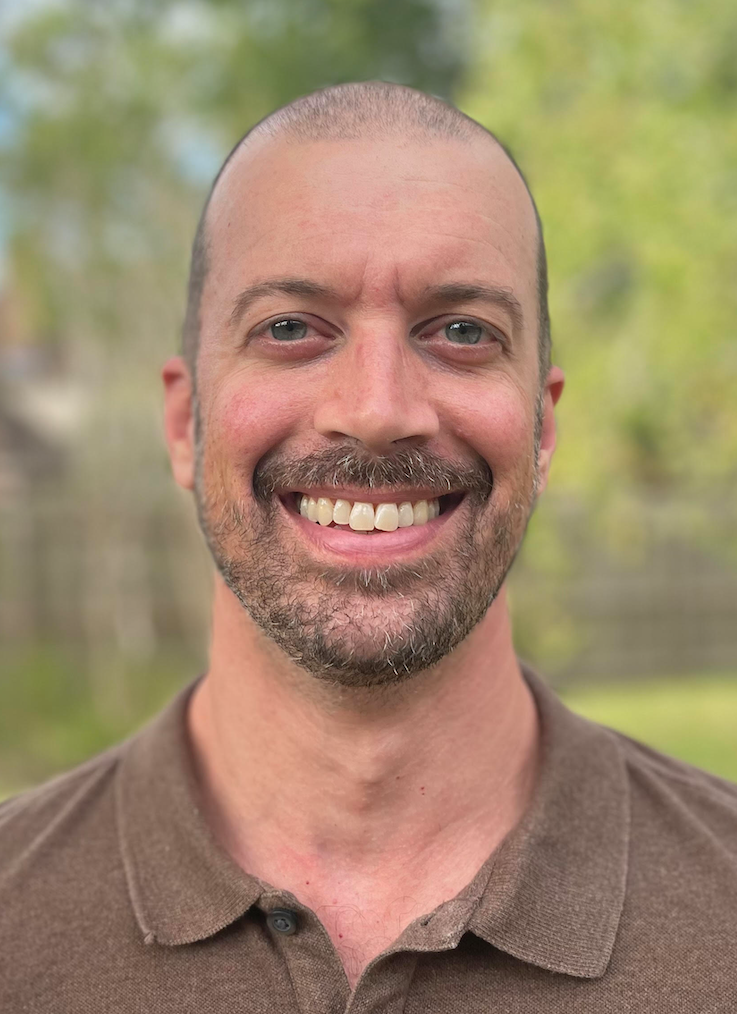Why?
-
- Why did they start using drugs?
- Why do they continue to drink?
- Was it something I did or said?
- What could I have done differently?
These questions are common for family members and even for those struggling with addiction themselves. Someone in the depths of a fentanyl addiction might, in a moment of clarity, ask:
How?
- How did I get here?
- Why can’t I stop?
- Why do I start again when I do stop?
- How do I get out of this?
Addiction Knows No Boundaries
Addiction can affect anyone, regardless of background. Someone may come from a loving home or a traumatic childhood, but the biology and chemistry of addiction often work the same way.
The Science Behind Addiction
Dr. William Silkworth, a pioneer in addiction research in the 1930s, observed that “men and women drink essentially because they like the effect produced by alcohol.” While this may sound simplistic today, modern neuroscience has validated this claim.
Dopamine and the Brain’s Reward System
When someone first drinks alcohol or uses drugs, the brain activates the Mesocorticolimbic Dopamine Reward Pathway, creating feelings of euphoria. This feeling is imprinted on the brain’s memory and planning systems, leading to cravings for repetition.
However, with continued use:
- The brain builds tolerance, reducing the euphoric effects.
- Stronger substances are introduced to replicate the feeling.
- Over time, the person uses substances not for euphoria, but to avoid feeling sick.
Eventually, the brain becomes dependent on drugs or alcohol to feel normal. The individual’s brain is unable to produce happiness-inducing chemicals, leading to irritability, restlessness, and unhappiness—until they use again.
Modern Research Supports Historical Observations
Dr. Silkworth’s insights from nearly a century ago are now backed by brain scans and modern addiction research. Substance use hijacks the brain’s natural systems, creating a cycle of dependence that can feel impossible to break without help.
The Path to Recovery
Treatment for Substance Use Disorders begins with safely separating the individual from substances in a supportive environment. At Bay Area Recovery Center, our clinical professionals are trained and licensed to guide individuals through the process of healing their brain.
How Treatment Works
- Detox and Healing: The brain gradually resets, regaining its ability to produce dopamine and endorphins naturally.
- Recovery Program: With structured care, individuals can transition to a life free from dependency.
- Long-Term Success: By living within a daily program of recovery, individuals can achieve happy, healthy lives for years to come.
Find Help Today
If you or a loved one is struggling with addiction, know that recovery is possible. At Bay Area Recovery Center, we’re here to help you take the first steps toward healing and a brighter future.
